Can Dogs Eat Salmon Skin?
So, you’re sitting there after a delicious salmon dinner, staring at the leftover skin on your plate and pondering – “Hey, can my tail-wagging buddy also enjoy this?” Well, the answer is: Heck yes, but let’s add a little “but” there. Your pooch can totally become a salmon skin aficionado, though only in moderation and with some precautions.
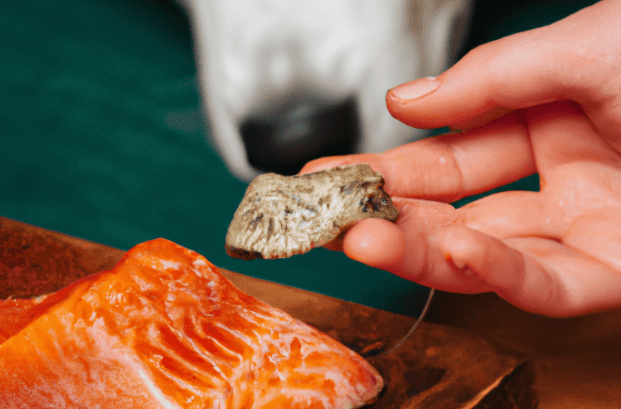
Salmon skin is like a superfood for dogs, packed with omega-3 fatty acids. Like the incredible Hulk of nutrients, these bad boys can boost your fur pal’s immune system and make their coats glow like they’re on the red carpet. But before tossing salmon skins to your fur friend like frisbees, hold up a sec.
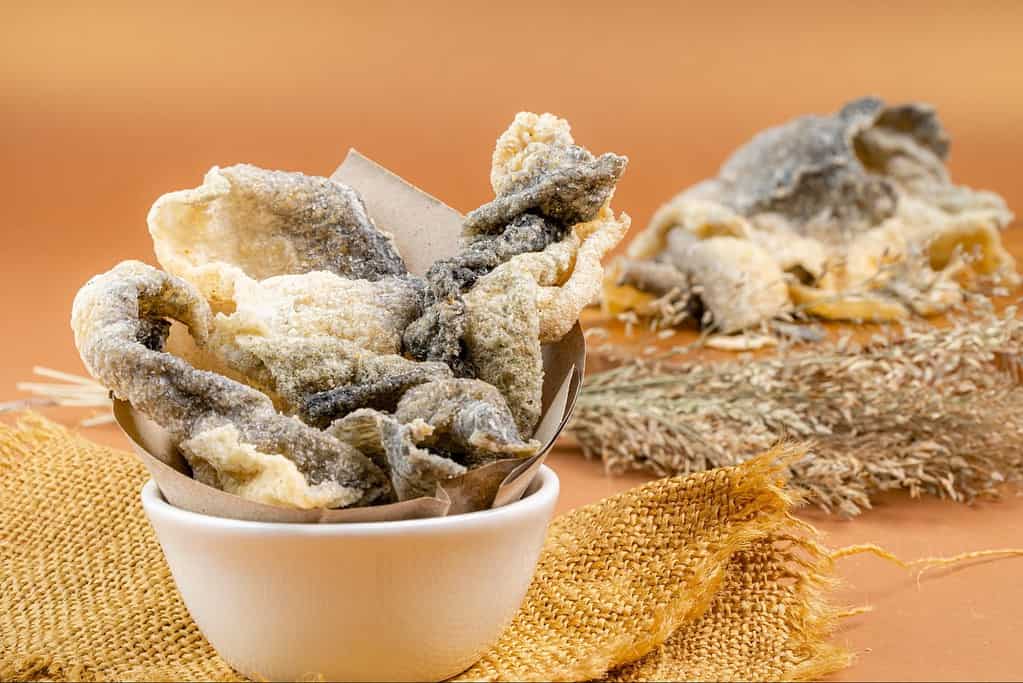
Before slipping your fur buddy a piece of that fatty, delicious fish skin, remember to clean and cook it properly. You don’t want any surprises in there. And don’t just grab salmon skin from anywhere. Sourcing matters! Also, go easy on the seasoning. Your pooch’s tummy might not enjoy a heavy garlic or onion powder afternoon delight.
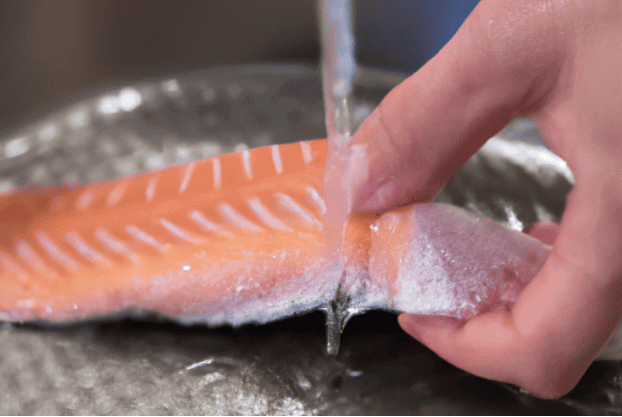
When in doubt, give your vet a quick ring. They’ll be able to guide you on the dos and don’ts because, after all, we all want a happy and healthy fur friend. 😉
Health Implications in Dogs
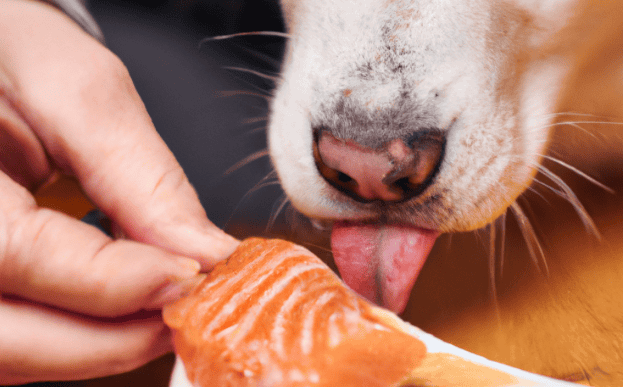
Just like that one time you ate too many spicy wings and regretted it, there can be a downside to your furry friends indulging in salmon skin. Let’s chat about a couple of those, shall we?
Salmon Poisoning Disease
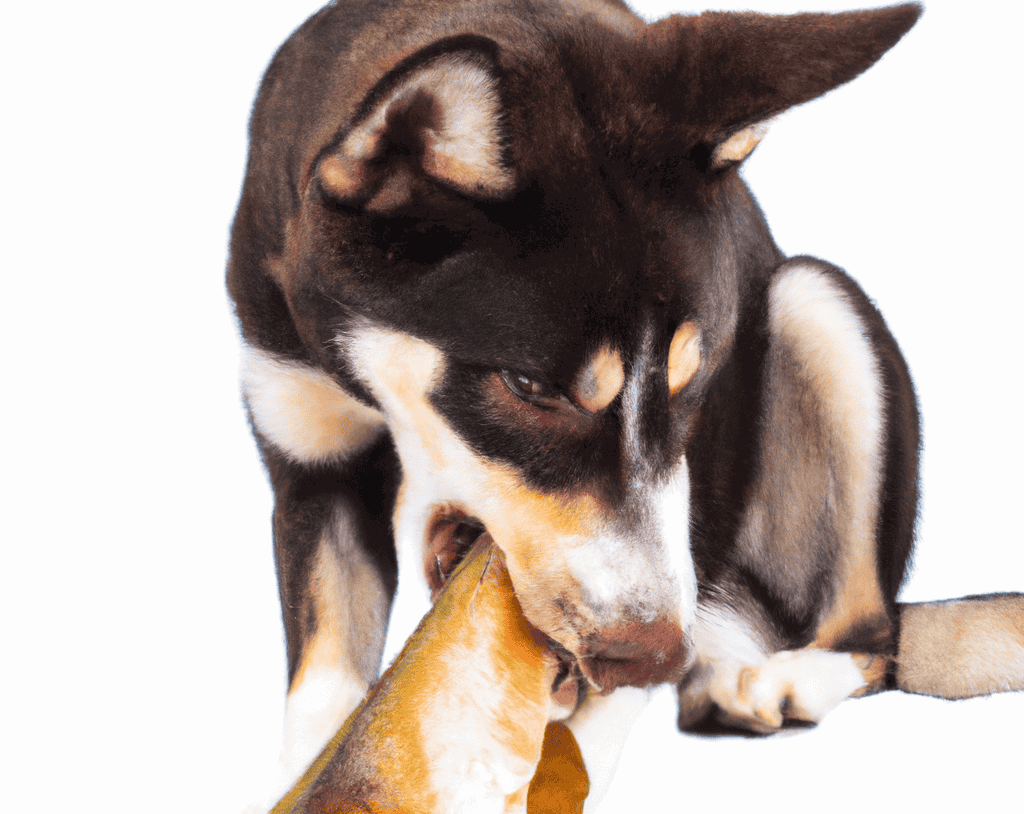
Turns out your furry friend can’t handle their raw fish like bears in a nature documentary. Dogs that wolf down raw or undercooked salmon can end up with something called Salmon Poisoning Disease. Don’t let the name fool you; it’s not as fun as it sounds.
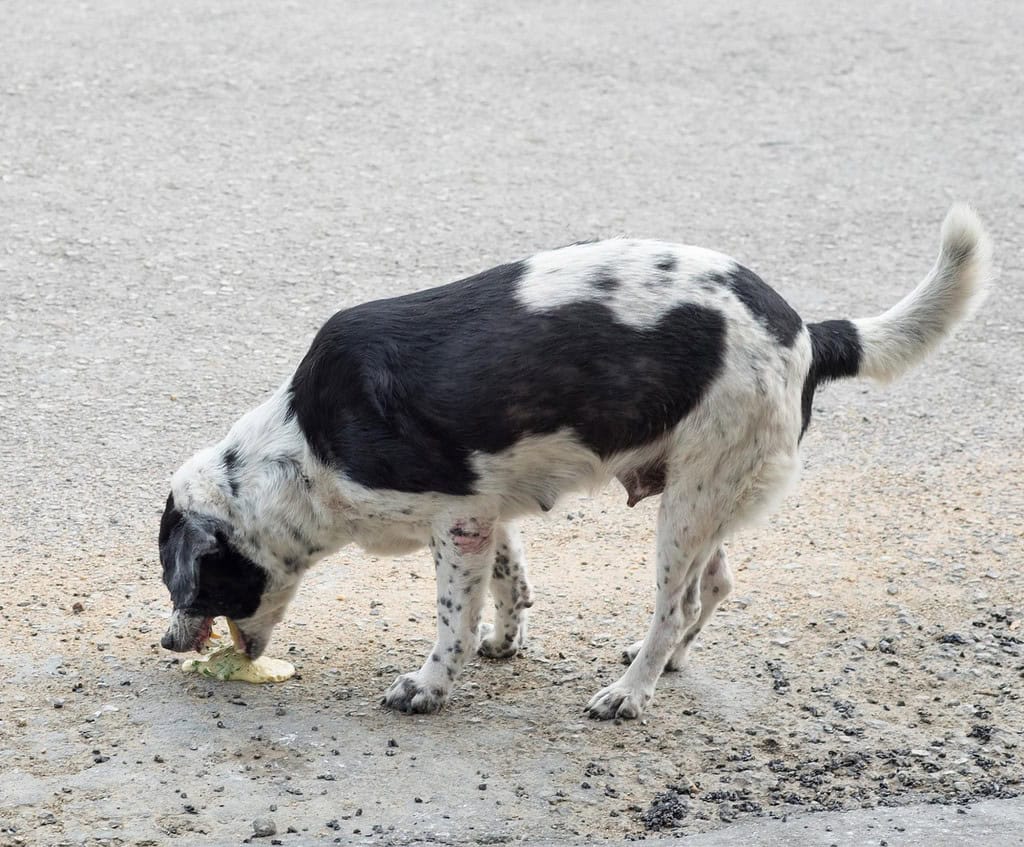
SPD symptoms are the kind of things that keep dog owners up at night: vomiting, fever, diarrhea, and even severe dehydration. Give your pooch’s sushi dreams a break, and remember to cook the salmon thoroughly before feeding them. After all, we don’t want to turn dinner time into an emergency trip to the vet.
Digestive Problems

Ever have that one rich dessert that tasted so good but sat like a brick in your stomach afterward? Feeding your pooch too much salmon skin can be like that – but less fun for them and your carpet. If the salmon’s fat or oil content is sky-high, it might make a U-turn straight out of their body as vomit or diarrhea.
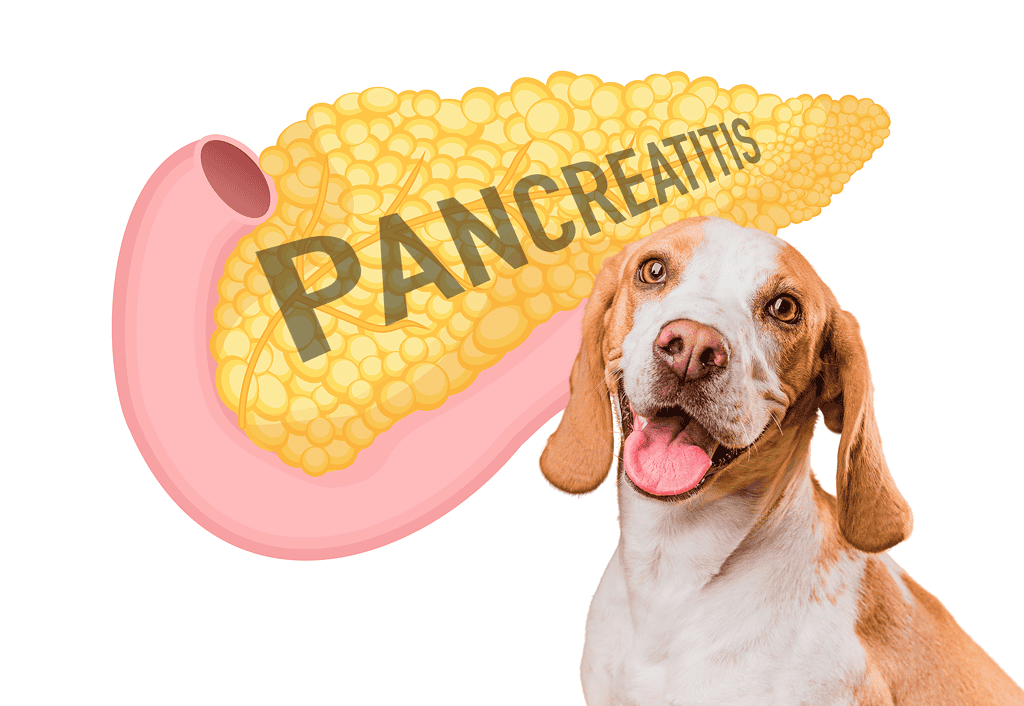
And if your fur buddies have a past of stomach problems or pancreatitis, salmon skin isn’t exactly their friend. Start by feeding small amounts and watch their reaction. Best not to turn feeding time into an epic battle with their gut.
Inflammation and Immune System
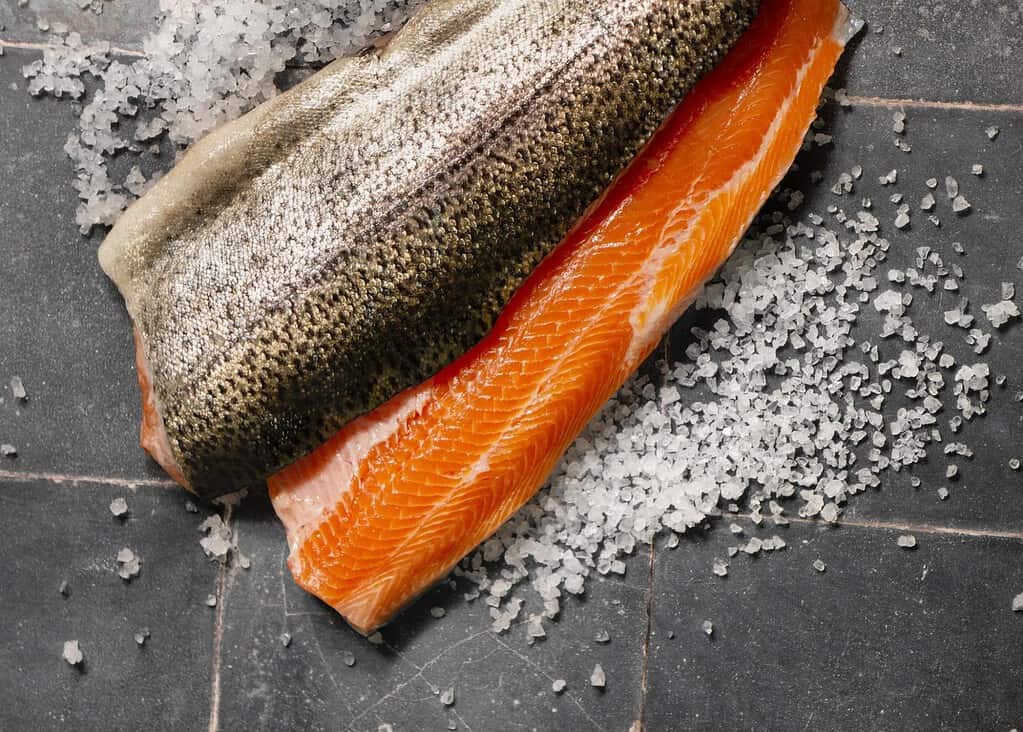
Salmon is rich in omega-3 fatty acids. They’re fantastic for boosting your dog’s immune system and reducing inflammation. But let’s not forget, there’s always too much of a good thing.
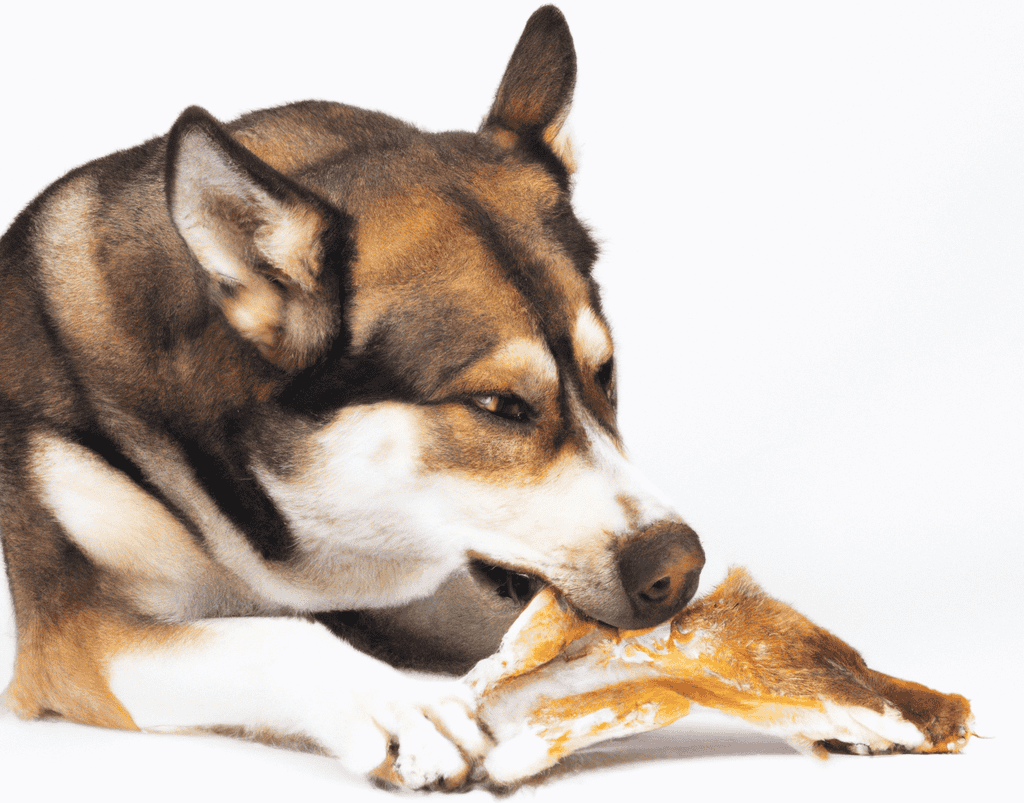
Like that fourth slice of pizza, we all know we shouldn’t eat. Overloading on omega-3s can tip the balance in your fur pal’s body. So, moderate is the key. Make sure to introduce salmon in small quantities as a tasty supplement to their regular meals. Remember, balance is everything!
Nutritional Benefits of Salmon Skin
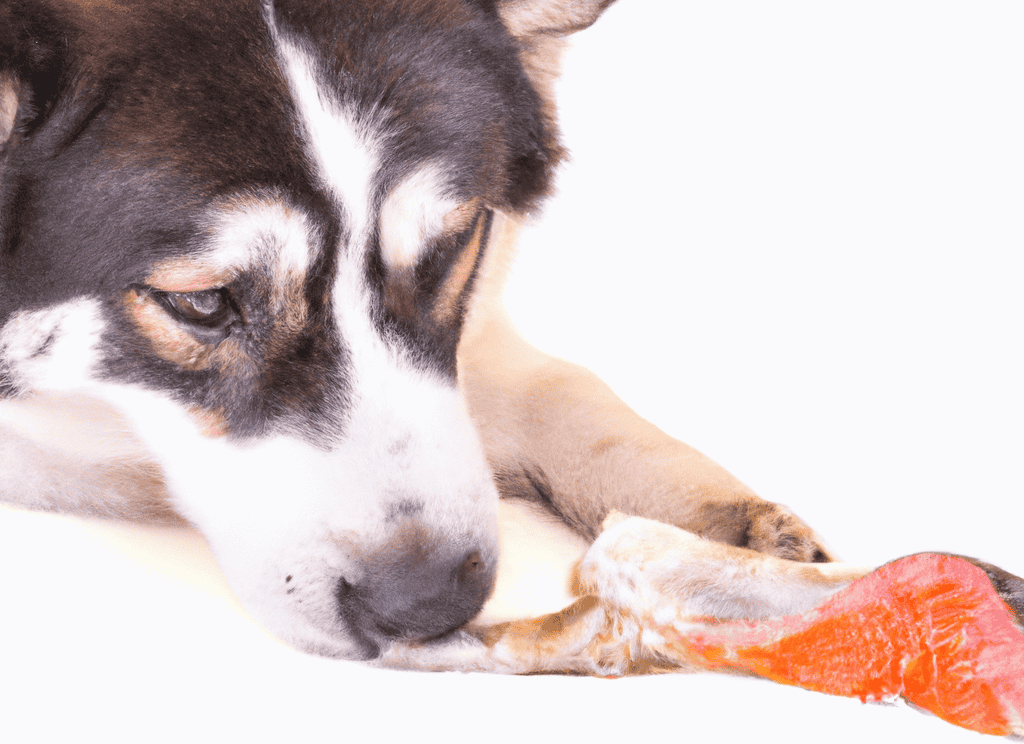
Ever thought about salmon skin as a secret superfood for your fur buddy? Not to mention how they’d adore you for those yummy tidbits! Let’s dive in and learn more.
Omega Fatty Acids
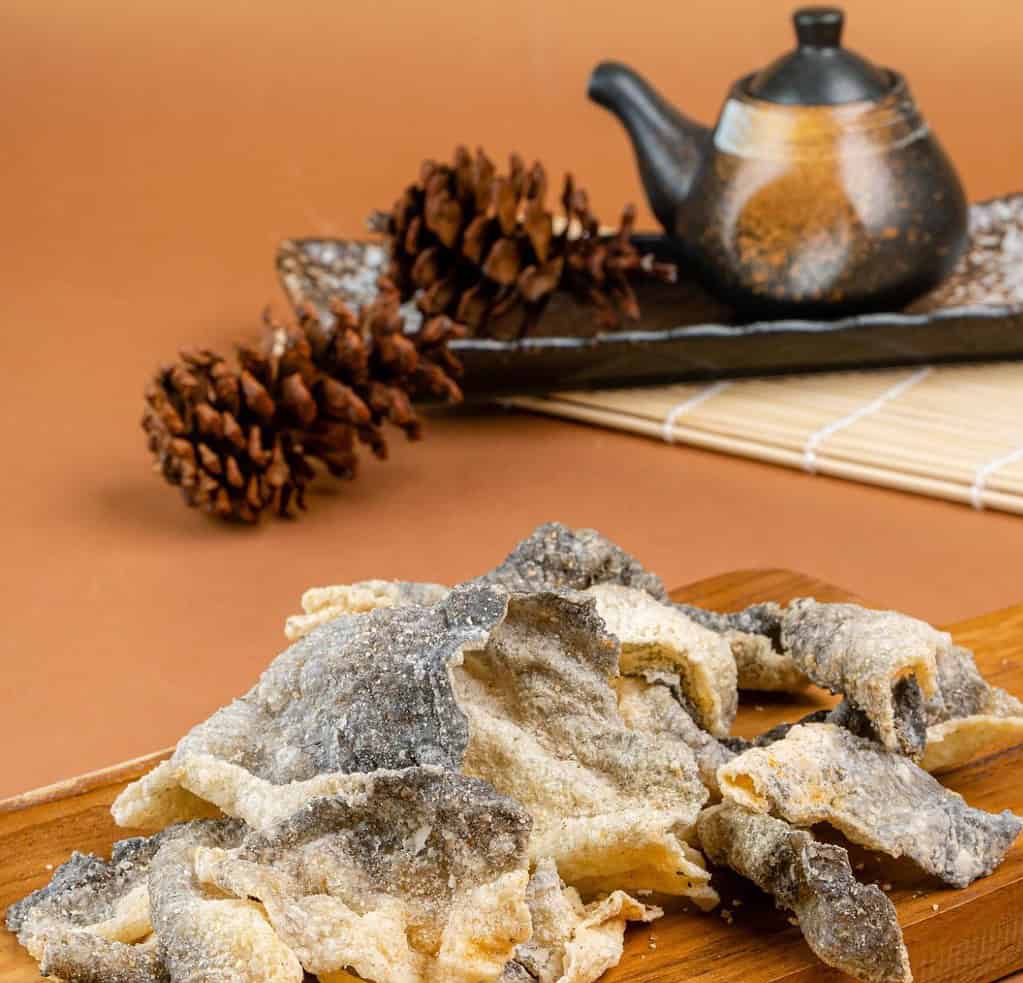
Crackling salmon skin – it’s not just a crunchy delight, but it’s also jam-packed with omega-3 fatty acids. Now, I know “fatty acids” might sound suspiciously like chem class, but trust me, these tiny heroes are crucial! They’re like the beauty gurus for your pooch, promoting a shining coat and healthy skin.
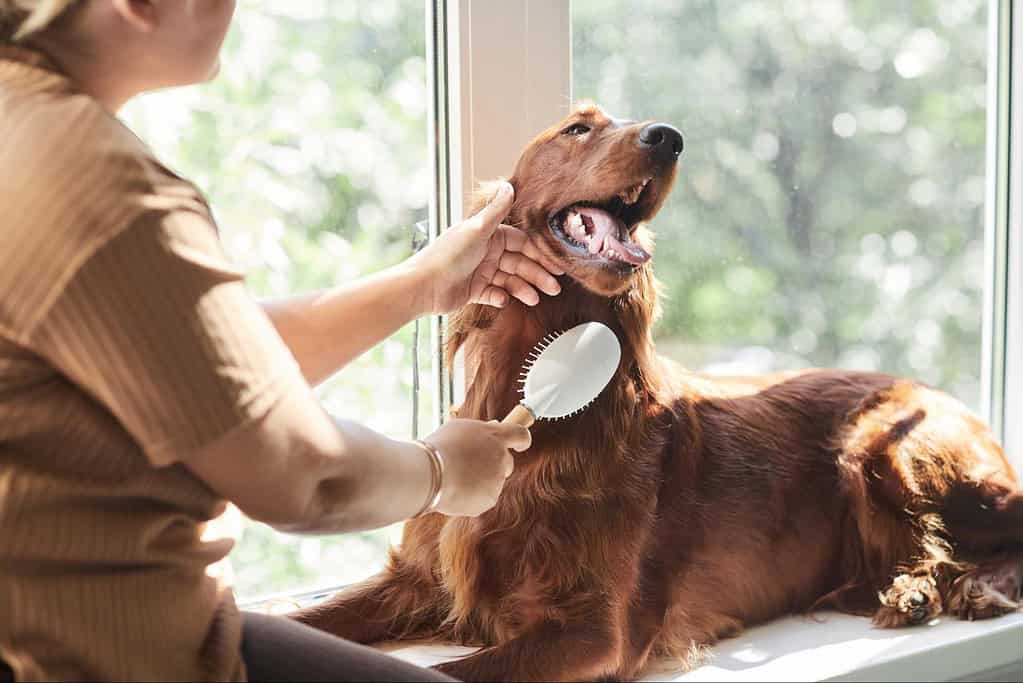
Got a fur pal with achy joints? Omega-3s can help improve their mobility too! Plus, they’re inflammation warriors aiding dogs with those pesky inflammatory diseases, pretty much like a super potion for your fur friend.
Protein Contribution
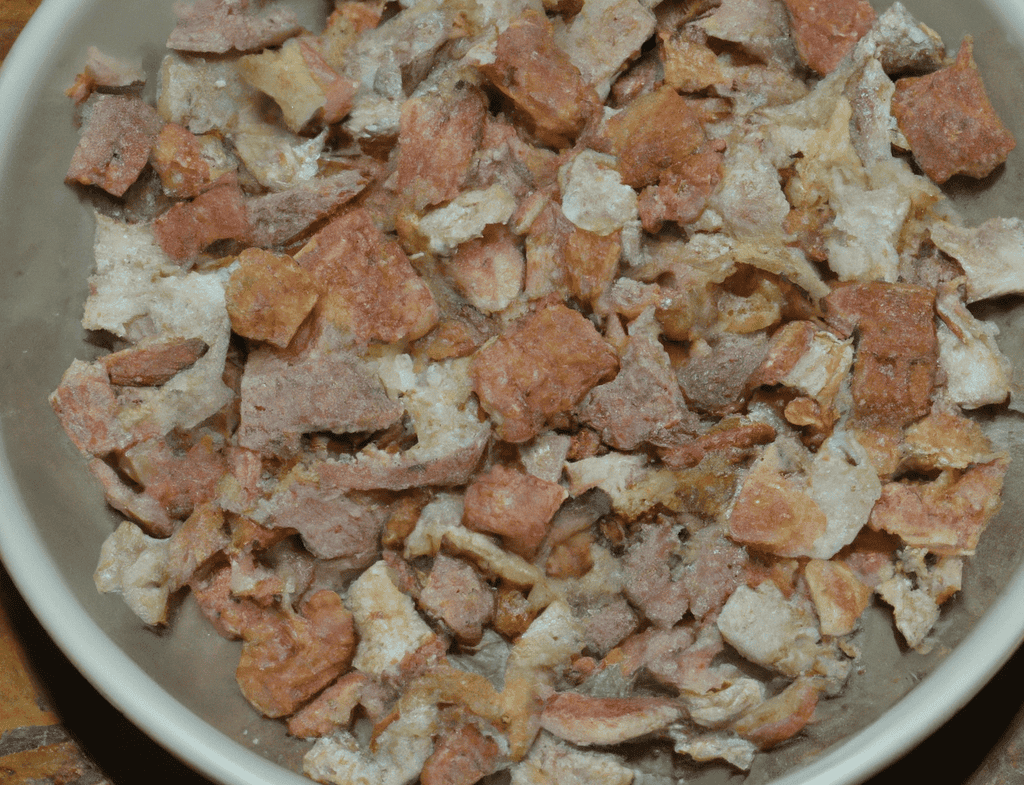
Protein isn’t just for the bodybuilders at the gym; your dog needs it too! It helps them maintain their muscles, fix damaged tissues and boost their immune system. Thankfully, salmon skin steps up to the plate here, holding its weight as a noteworthy protein source. So, including it in your dog’s diet can help them meet their daily protein requirements and contribute to their general health.
Other Vitamins and Minerals
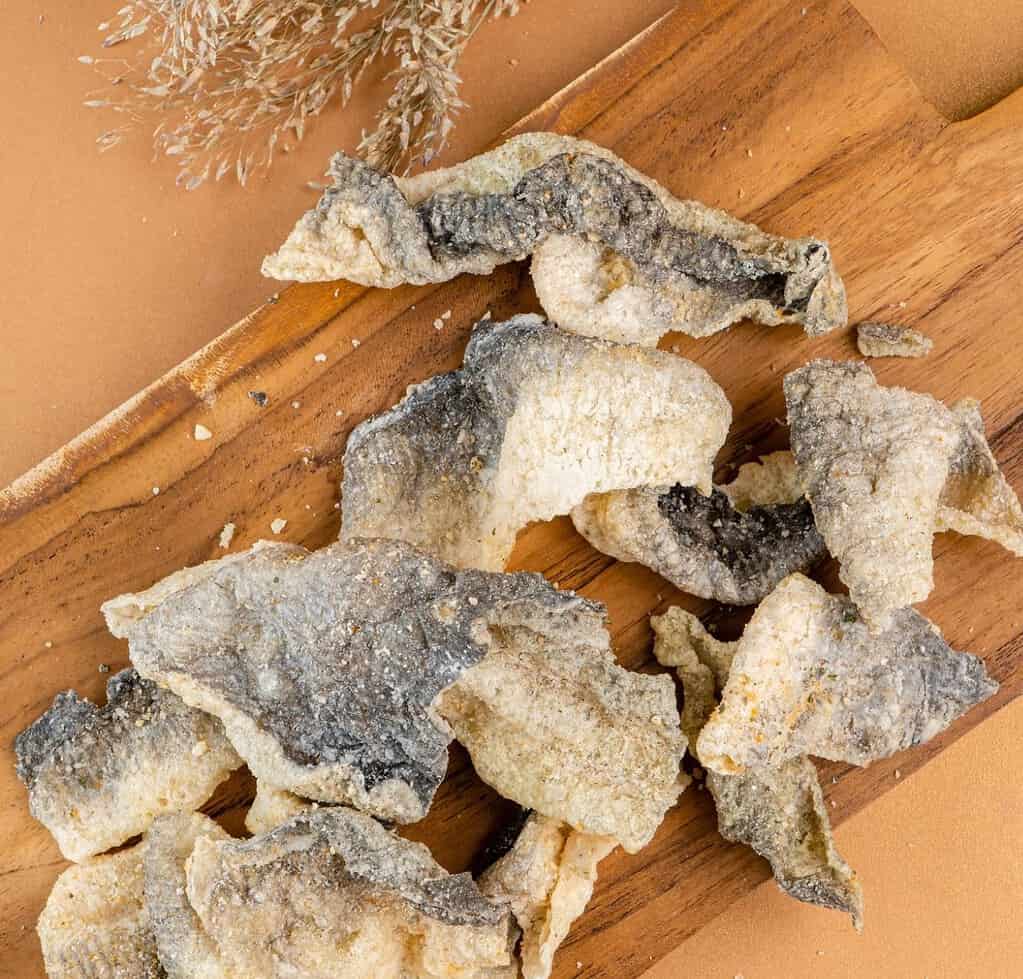
Surprise! Salmon skin isn’t a one-trick pony. It doesn’t just stop at being a protein and omega-3 rockstar. It also carries a bunch of essential vitamins and minerals. Packed with vitamin D and selenium, it’s like a multivitamin for your fur friend!

These nutrients are key to keeping your pooch’s bones healthy and their immune system strong. So, by serving up some salmon skin, you’re supporting your dog’s health from their bones to their immunity, and everything in between! Now, that’s something to bark about. 😉
Enjoying this read?
We publish this content for free to generate interest in our Premium members' area. By subscribing, you can ask the writer any questions related to pet care and this article, get access to 100+ Premium Pet Care Guides and go Ad-Free with DogFix Premium for $2.99.
Risks and Precautions
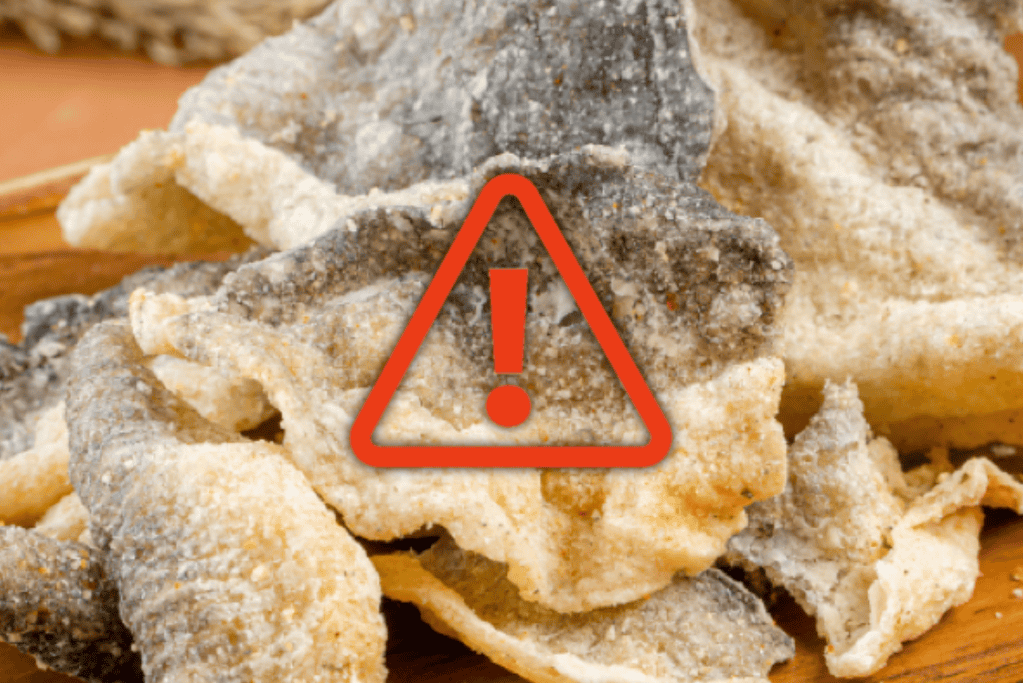
While salmon skin can be quite the party in your pooch’s mouth, there are a couple of party poopers you need to watch out for. Here are a few not-so-fun factors that could crash the feast.
Parasitic Infections
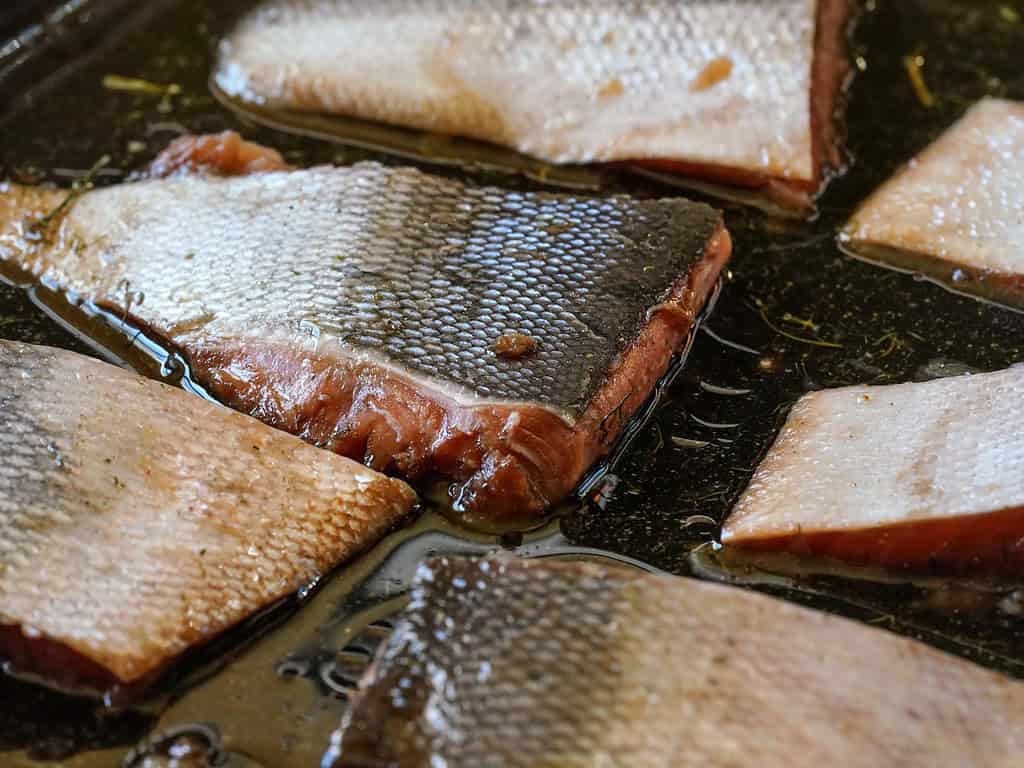
Some salmon skins come with unexpected creepy parasites. One of these is the Neorickettsia helminthoeca parasite, which can throw the party off by causing salmon poisoning disease. To put these nasties out of the game, always make sure the salmon skin is well-cooked before you serve it to your pup. A good roast at high temperatures is usually enough to evict these unwanted guests.
Toxic Seasonings

Spicing up the salmon skin for your fur friend? Hold on there! While humans love a well-seasoned dish, some common flavor enhancers like garlic, onions, and certain spices are a no-go for dogs. Even too much salt can upset their tummy. So, when cooking salmon for your pooch, keep the flavorings light and simple. Focus more on cooking it well to keep it safe for their wagging tail to enjoy.
Mercury Contamination
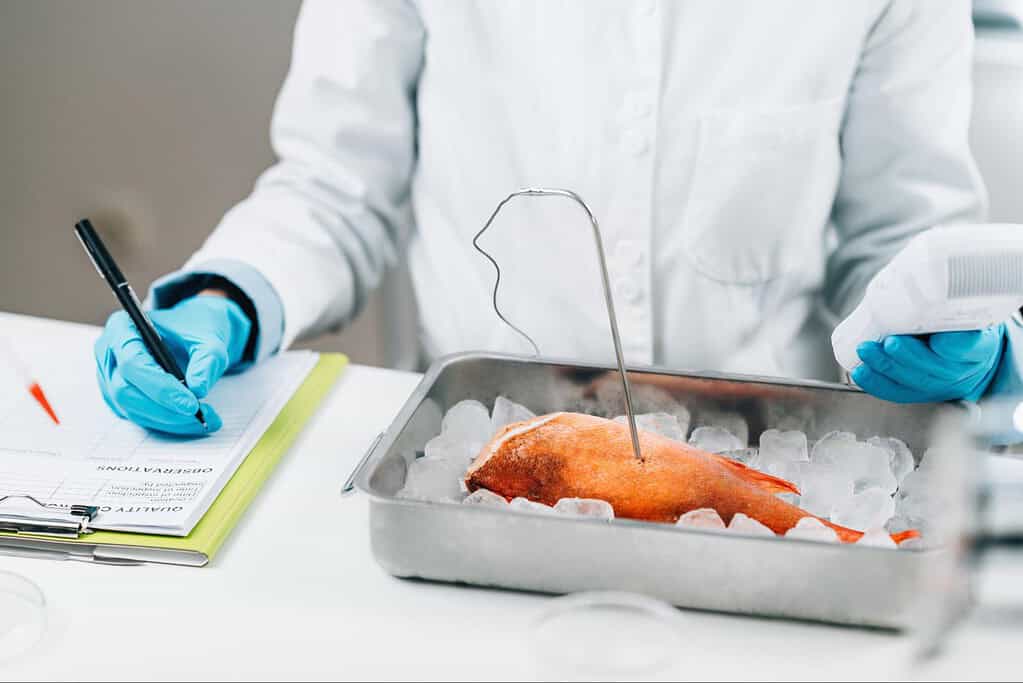
It’s a little-known fact that fish, including salmon, can sometimes carry traces of mercury. Now, while mercury might make great thermometers, it’s not so great in your fur buddy’s body. Feeding salmon skin occasionally isn’t a big deal, but consistent scarfing down could build up this toxic heavy metal in your pup.
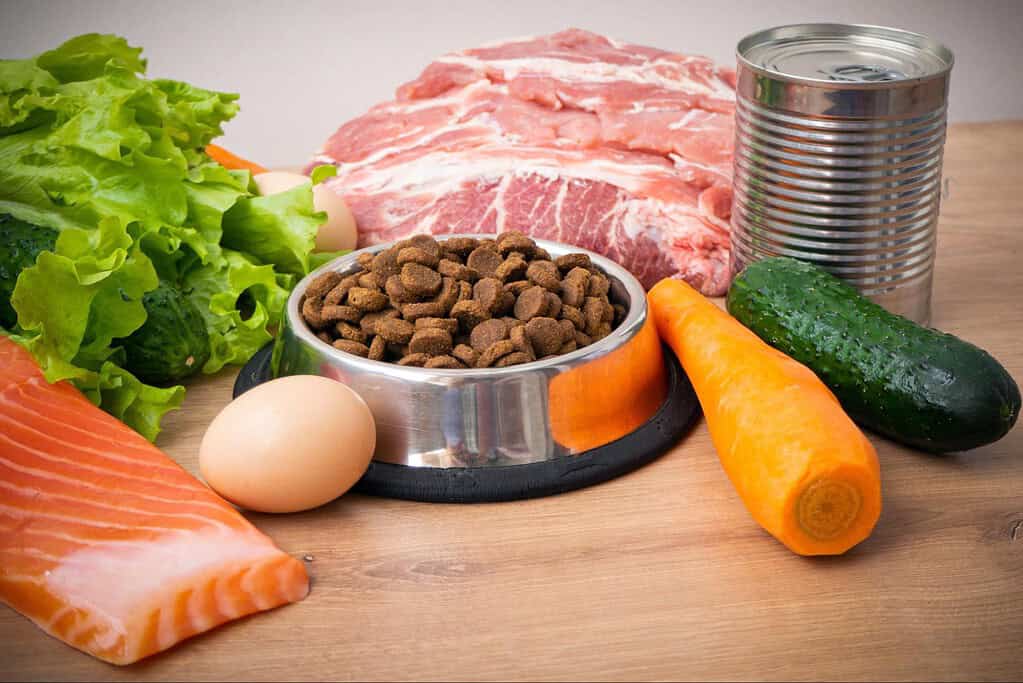
So, while omega-3s from salmon skin are great, don’t let them be the star player in your dog’s diet. Mix it up with other proteins and healthy fats for a balanced diet. It’s like creating the perfect playlist—variety keeps the party going!
So, by being aware of these risks and taking the right precautions, you can let your dog enjoy all the goodness of salmon skin while steering clear of potential hazards. Safety first, food fiesta second! 😉
Professional Recommendations
Before diving into the salmon skin feeding frenzy, there’s one stop you should always make first: the vet’s office. Here’s why.
Consulting Your Veterinarian

Going straight to Doc is like pressing the “Easy” button. They can guide you on the right serving sizes and frequency of salmon skin treats for your buddy. Just like how we all have an aunt who makes those pastries a little too buttery, every pooch has distinct dietary needs. Based on factors like size, weight, activity level, and health condition, your vet can dish out the right advice.
High-Quality Dog Foods
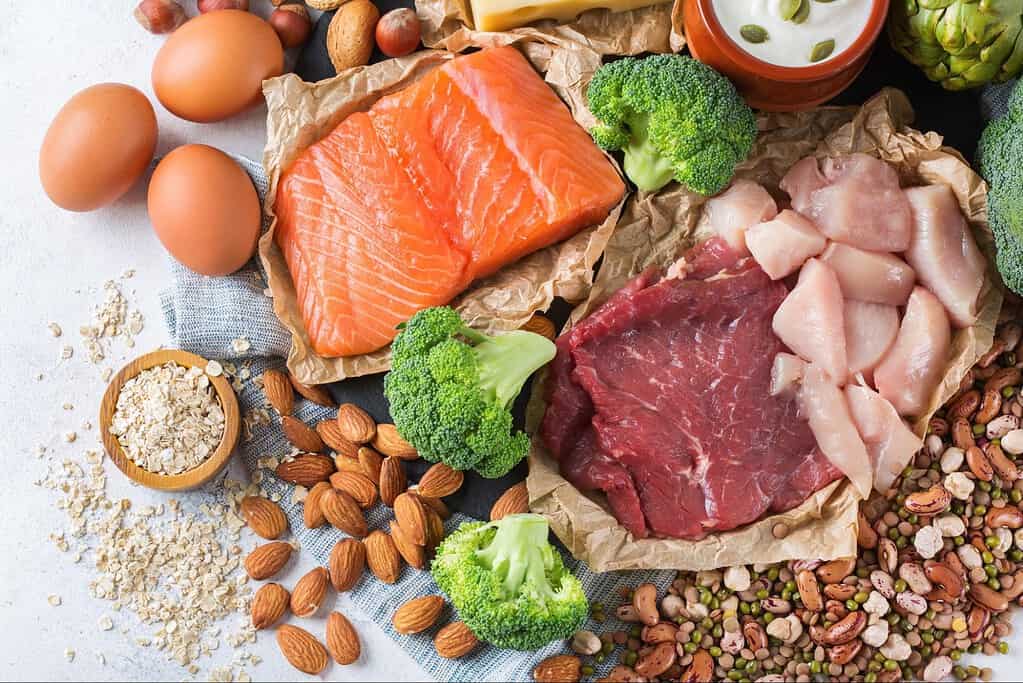
When it comes to feeding your dog, it is crucial to provide high-quality dog foods that follow a balanced diet. You wouldn’t survive on candy alone (as sweet as that idea might sound), and your fur buddy can’t thrive on just salmon skin. It’s key to plate up high-quality dog food with a balanced mix of proteins, carbs, fats, vitamins, and minerals. Salmon skin, while a fantastic source of omega-3 fatty acids, is like the bonus track on an album – a nice addition, but not the main act.
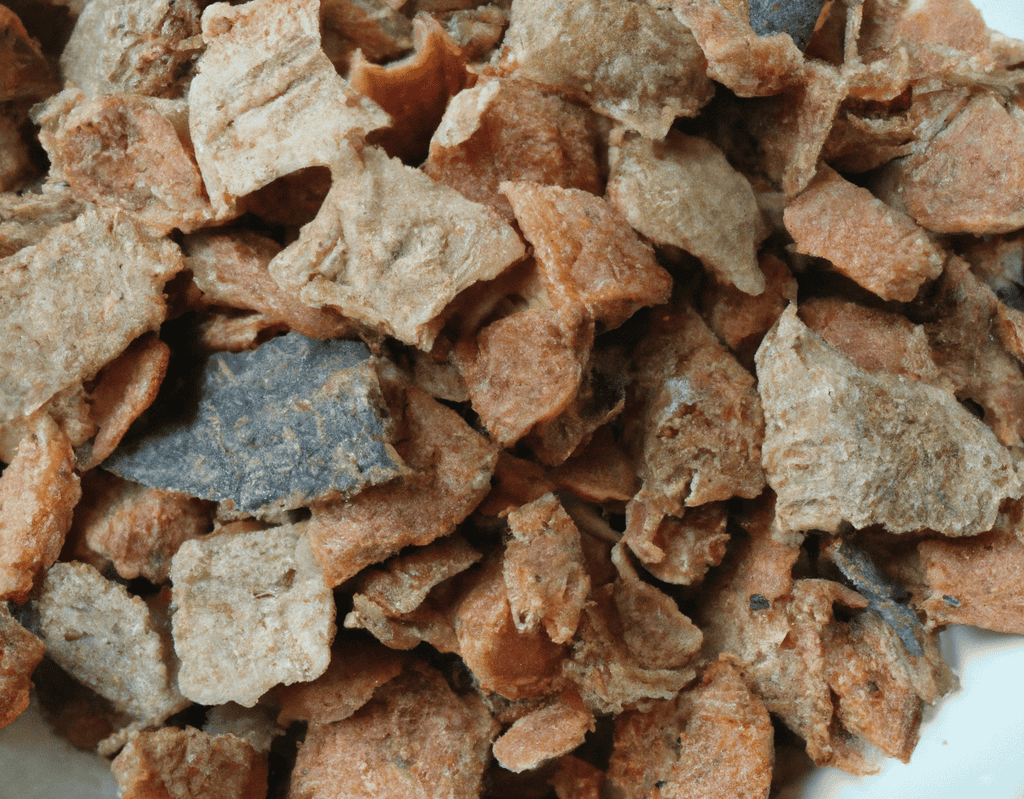
Based on your dog’s needs, you may opt for grain-free food or something more specific, say a puppy or senior formulation. And when you’re adding salmon skin to their bowl, remember, it’s not for piling on. Keep it moderate and well-prepared. Thorough cleaning and cooking can keep potential health boo-boos at bay.
To sum it up, keep your vet on speed dial when introducing ‘bomb’ treats like salmon skin into your dog’s chow mix. Prioritize high-quality dog food that supports a balanced diet. While salmon skin is a nifty little treat with its benefits, it’s not about to replace your fur buddy’s everyday food. So, keep it real and keep it well-balanced! 😉
Frequently Asked Questions: The Scoop on Dogs and Salmon Skin
To help us demystify the world of salmon skin and pooches, here’s a quick Q&A.
Can my pup chow down on cooked salmon skin?
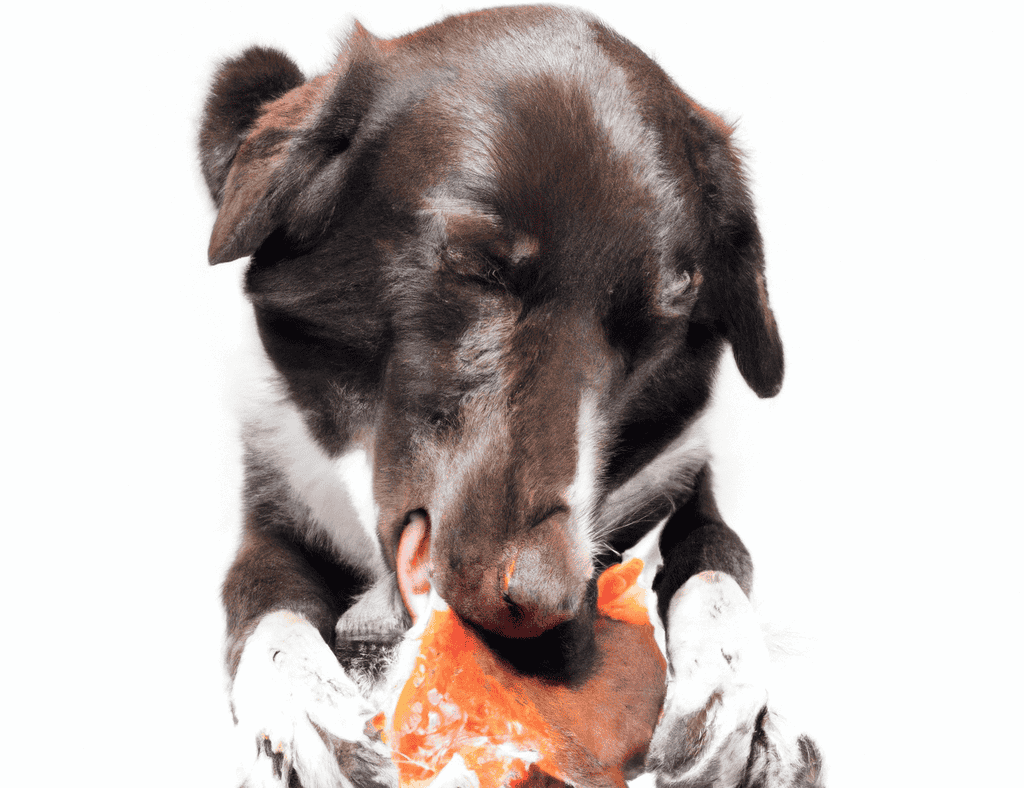
Absolutely! Your fur buddy can enjoy some well-cooked, properly cleaned salmon skin—with no added harmful ingredients. It’s packed with omega-3 fatty acids, like a wellness spa for your pooch’s immune system and coat.
What about dehydrated salmon skin?
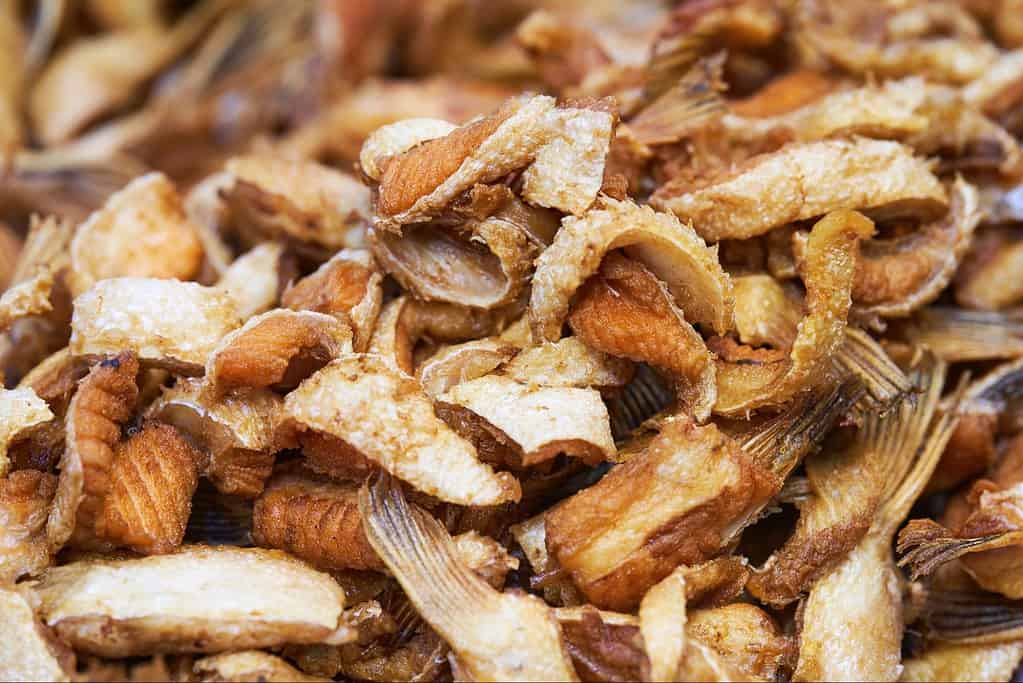
Yep, dehydrated salmon skin can also be an excellent doggie delicacy if prepared correctly. Just make sure it’s free from any additives or seasonings that could spell “uh-oh” for your fur friend. Remember, cleanliness is key, and cooking is a must-do to keep any parasites and bacteria at bay.
How often should I feed salmon skin to my fur buddy?
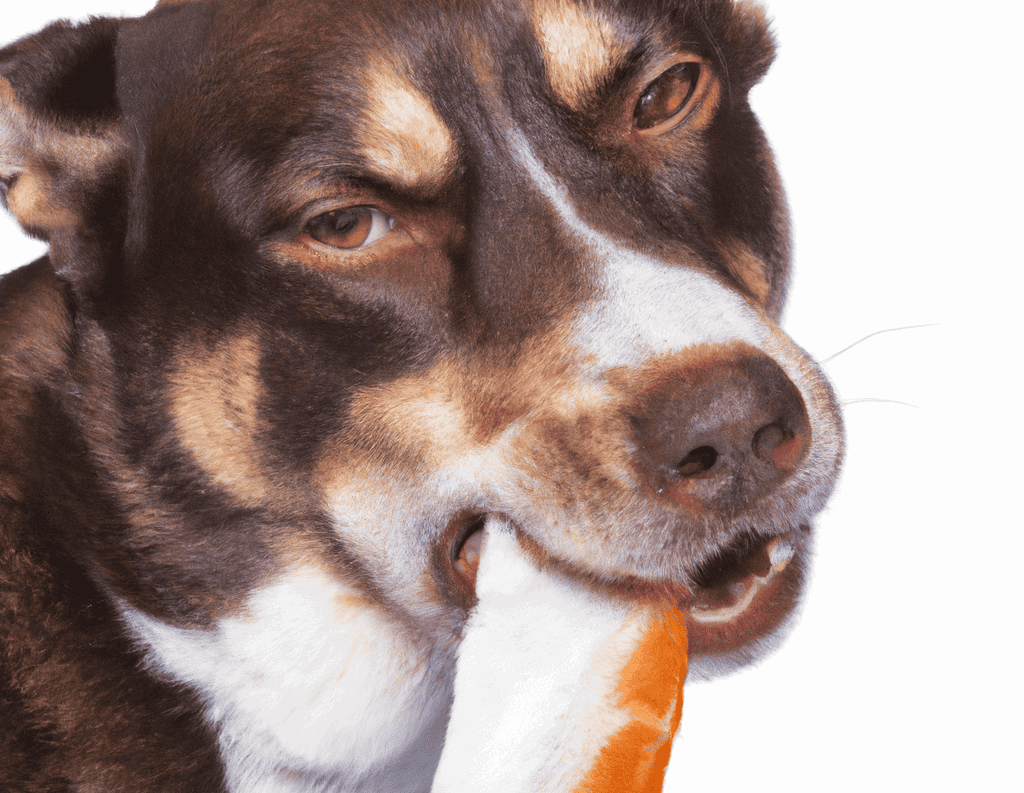
Salmon skin should only be an occasional treat. It’s a tad high on the fat meter, and too much of it can pile on the pounds and health worries. It’s best to sync with your vet on the suitable serving size and how often you can treat your pooch to some salmon skin loving.
Can my pup enjoy some smoked salmon?
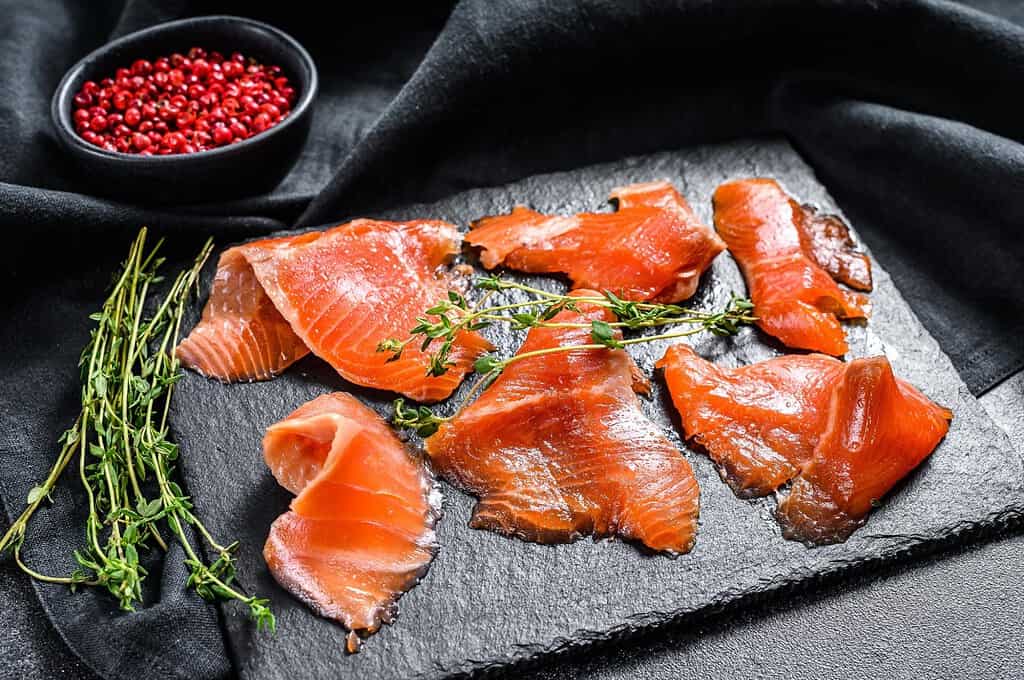
Smoked salmon is a tad risky for your fur friend. It’s kinda like a sodium bomb, which isn’t doggie-friendly, especially in large amounts. Moreover, smoked salmon might come with extras like spices, preservatives, or additives that could upset your pet’s stomach. So, it’s better to steer clear of smoked salmon when tailoring your dog’s treat list.
What about fish skin from different types of fish?
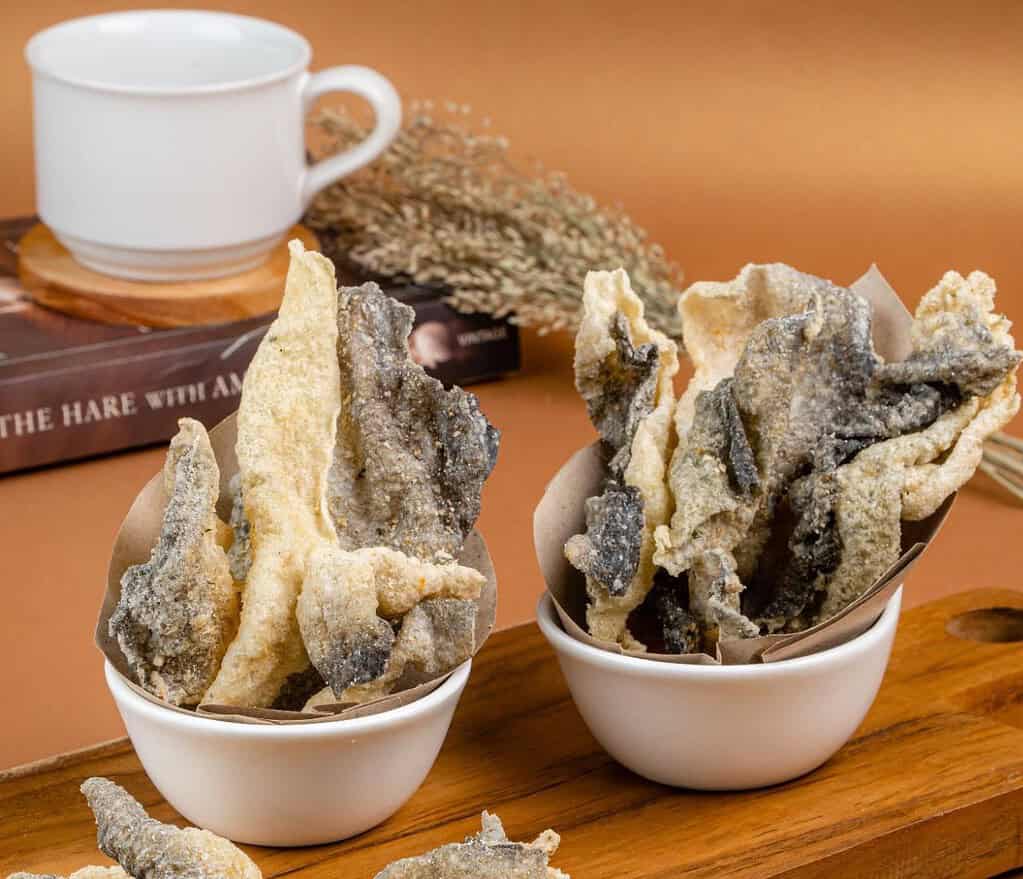
In general, other fish skin can also get a thumbs up for your pup, provided it’s cleaned, cooked thoroughly, and devoid of any harmful stuff. But remember, not all fish skins are made equal – some are more nutrient-rich than others. Your vet could guide you with other fish skin types you can introduce to your dog’s diet.
Key Takeaways
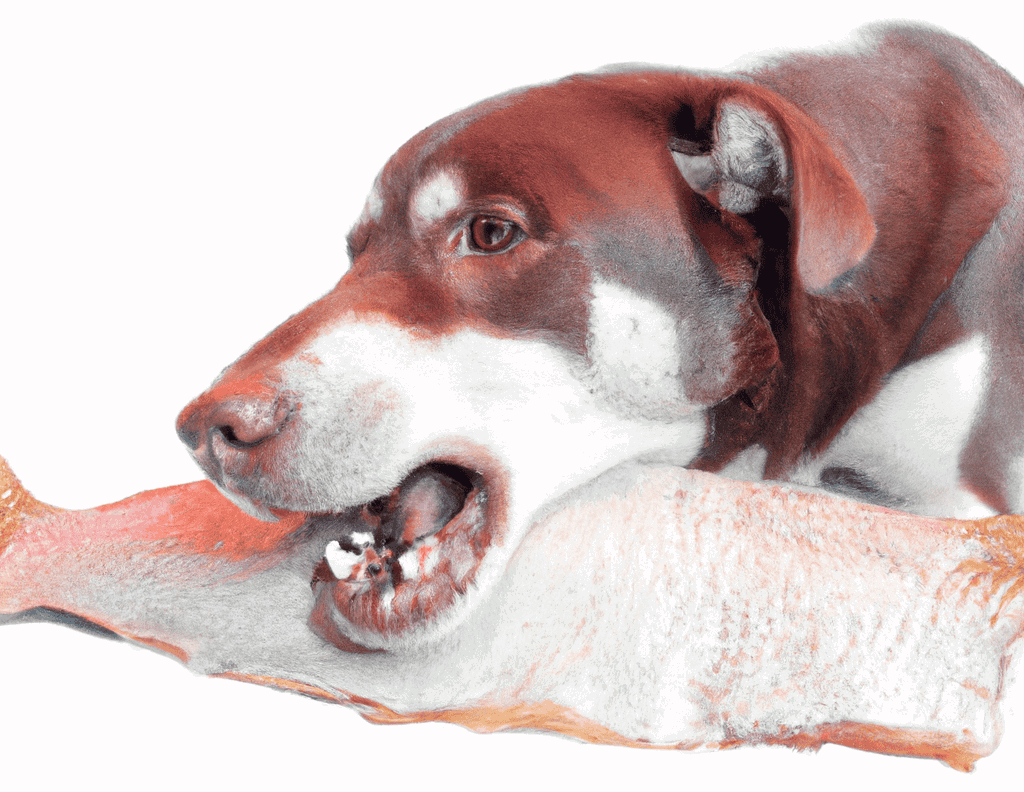
- Dogs can eat properly cooked and cleaned salmon skin in moderation.
- Salmon skin is a source of beneficial nutrients, including omega-3 fatty acids.
- Consult with a veterinarian before incorporating salmon skin into your dog’s diet, and always consider proper preparation and seasoning.
